Mystery Seeds
By Kimberly Wear

USDA
Unsolicited seeds, labeled as things like jewelry and beads, have arrived in mailboxes around the nation, prompting investigation by the U.S Department of Agriculture (USDA). The USDA Animal and Plant Health Inspection Service’s National Identification Services coordinates the identification of plant pests. Scientists analyze seed packages such as these to determine if they contain plant pests.
USDA
Unsolicited seeds, labeled as things like jewelry and beads, have arrived in mailboxes around the nation, prompting investigation by the U.S Department of Agriculture (USDA). The USDA Animal and Plant Health Inspection Service’s National Identification Services coordinates the identification of plant pests. Scientists analyze seed packages such as these to determine if they contain plant pests.
USDA
At the U.S Department of Agriculture (USDA) Animal and Plant Health Inspection Service (APHIS), National Identification Services (NIS) coordinates the identification of plant pests in support of USDA's regulatory programs. At the NIS Lab in Beltsville, Maryland, APHIS Plant Protection and Quarantine (PPQ) botanists analyze and catalogue seed samples received, unsolicited, from overseas. Accurate and timely identifications provide the foundation for quarantine action decisions and are essential in the effort to safeguard the nation's agricultural and natural resources.
USDA
U.S Department of Agriculture (USDA), Animal and Plant Health Inspection Service, National Identification Services (NIS) botanists coordinate the identification of plant pests in support of USDA's regulatory programs. APHIS botanists, like this one, are stationed around the United States ready to provide timely identification services to help USDA respond to plant pest emergencies.
USDA
his package of seeds sent to a U.S. resident has been identified as Solanum lycopersicum—tomato seeds—by a U.S Department of Agriculture (USDA), Animal and Plant Health Inspection Service (APHIS) botanist in at the John F. Kennedy Plant Inspection Station in New York. These seeds are on their way to the National Identification Services (NIS) lab in Beltsville, MD for further testing to determine if they carry any pests or diseases of concern to U.S. agriculture. Unsolicited seeds, labeled as a variety of things such as beads and jewelry, have been arriving in mailboxes around the nation, prompting investigation by USDA.
More slideshows
5 images
5 images
6 images
1/5
USDA
Unsolicited seeds, labeled as things like jewelry and beads, have arrived in mailboxes around the nation, prompting investigation by the U.S Department of Agriculture (USDA). The USDA Animal and Plant Health Inspection Service’s National Identification Services coordinates the identification of plant pests. Scientists analyze seed packages such as these to determine if they contain plant pests.
© 2024 North Coast Journal
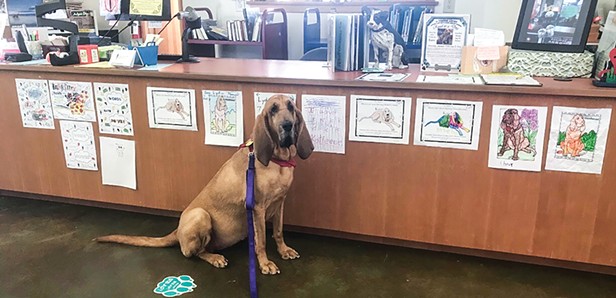
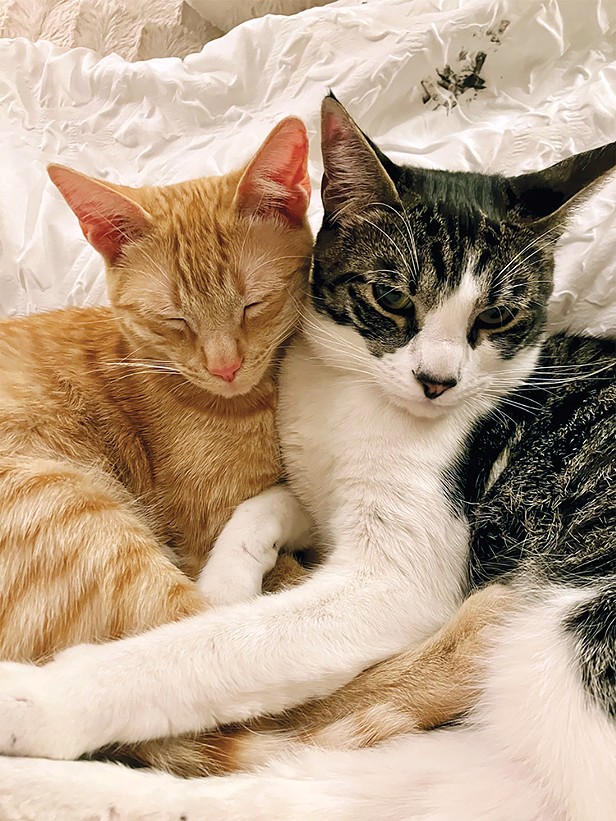
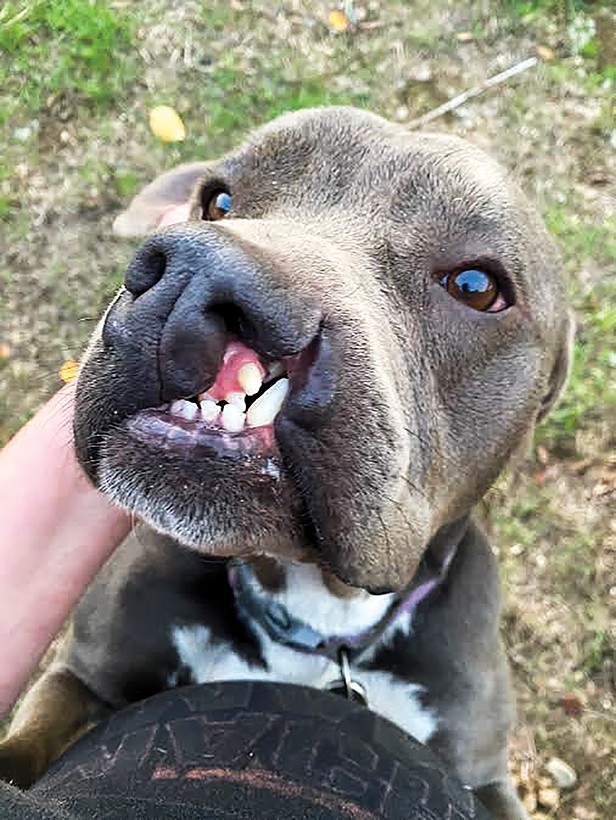
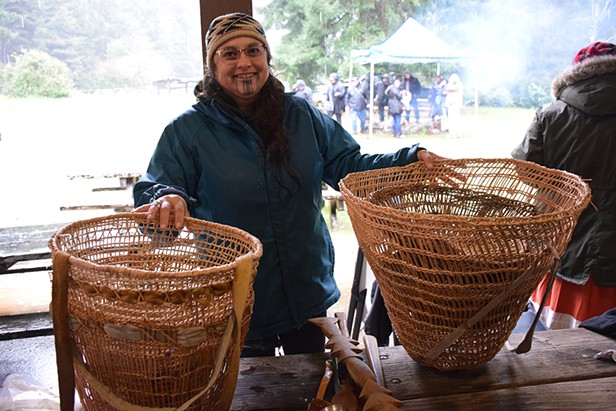
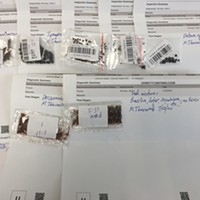
Comments